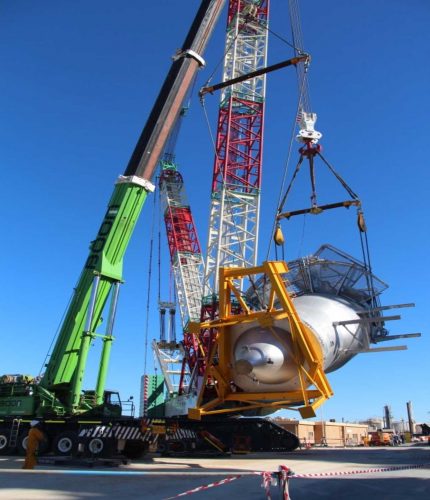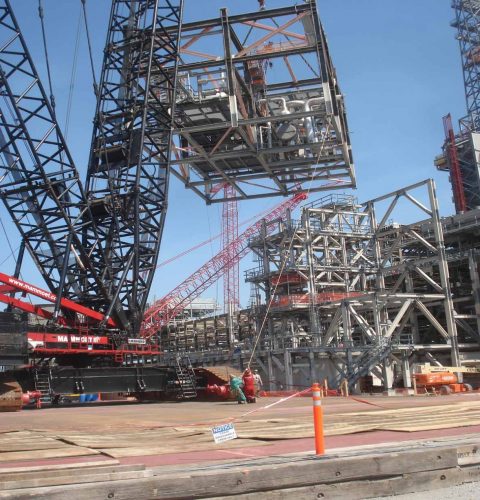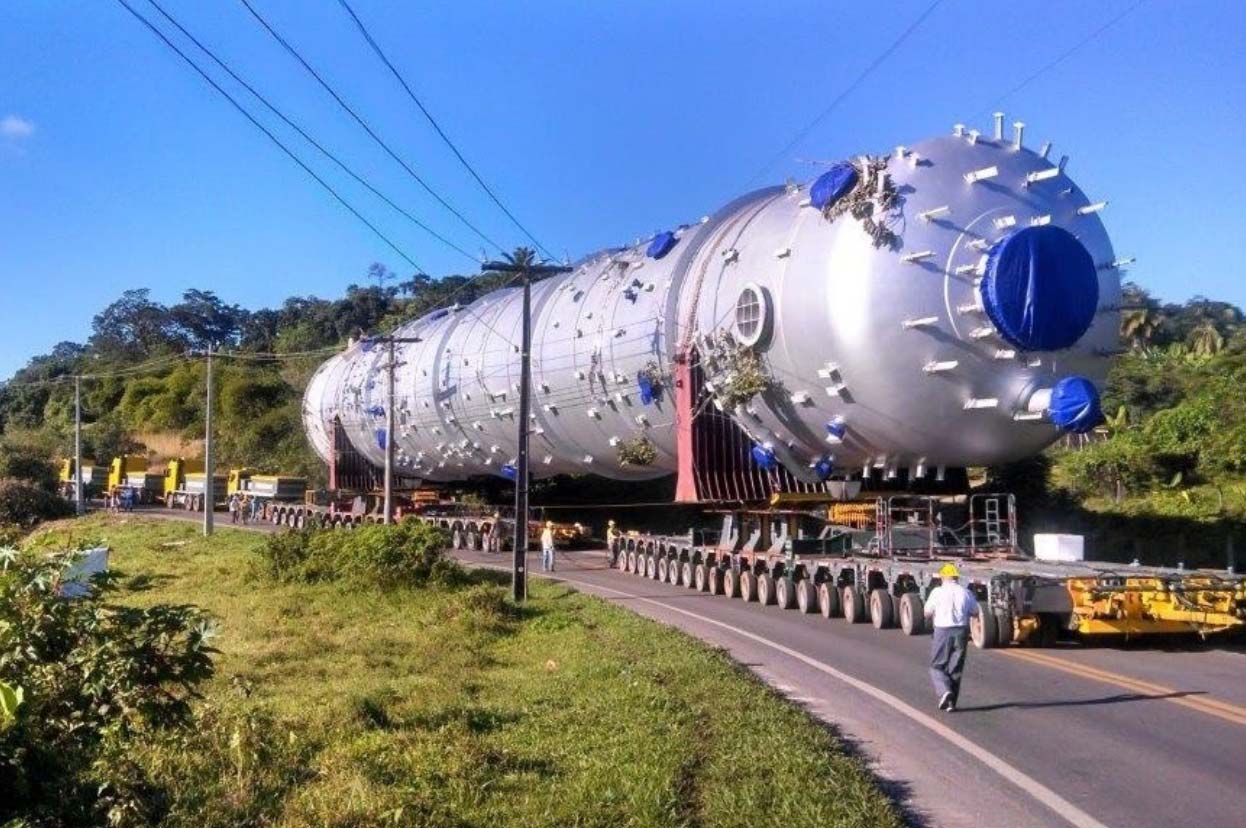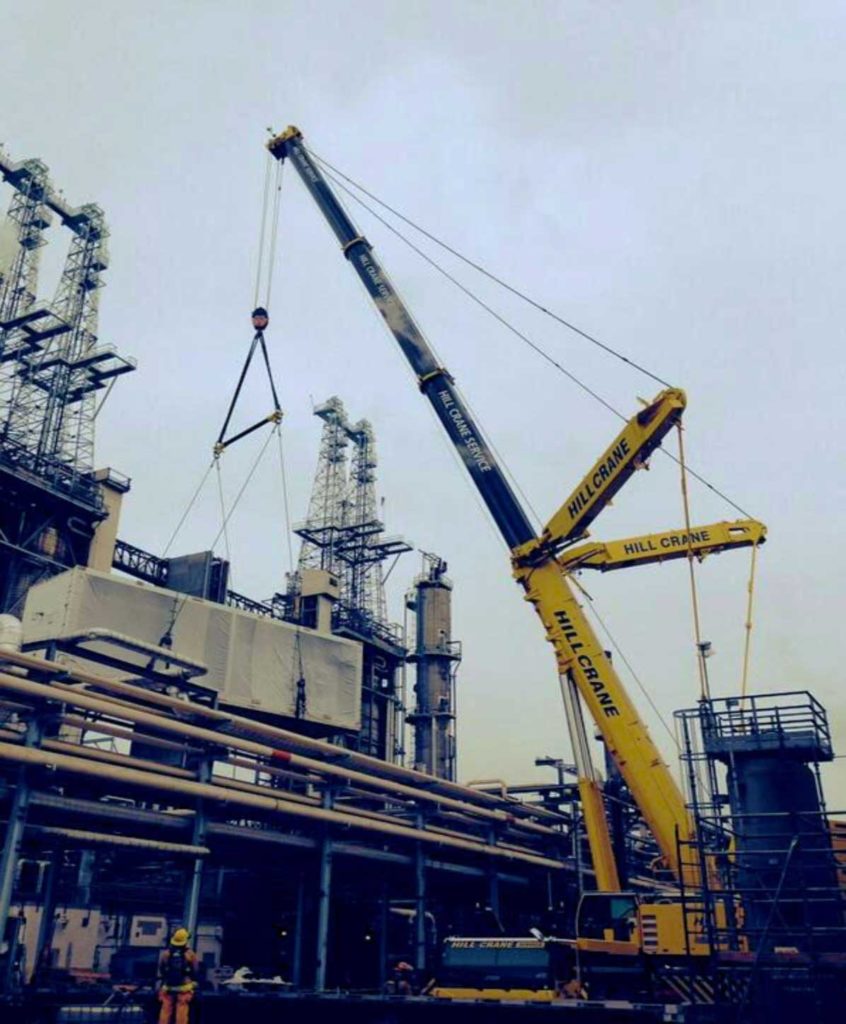Copyright © 2025 Lowther-Rolton - All Rights Reserved | Privacy Policy
Established In 1987 – Dulcius Ex Asperis
Since company formation in 1987, clients have looked to Lowther-Rolton for risk management services and our in-house developed system of third party assurance, the Technical Audit.
“Marine Warranty Surveyor” assurance is a staple in the shipping world, and a similar technique is increasingly popular for onshore activities, particularly in high risk environments such as those we encounter in the Oil, Gas and Energy construction sectors. Lowther-Rolton developed this Technical Audit process at the request of several major refiners as a means to lower their incident rate.
The Technical Audit is a thorough and holistic review of the technical proposals of specialist construction Contractors, crane and transportation equipment suppliers, and Process equipment designers. The office based study identifies and addresses errors, omissions and interface issues, providing a positive resolution to each and every engineering aspect of the plan. Only when risk has been sufficiently engineered out in the office environment is the plan transferred into the operational phase.
The Technical Audit then continues at site, when Lowther-Rolton attend operations to ensure adherence to agreed plans, or to efficiently undertake Management of Change procedures when altered circumstance or environment drive a change.
This review method has been acknowledged to significantly reduce errors, delays, incidents and re-work. By engaging Lowther-Rolton, our Client does not transfer any liability to themselves from their contractors, but does satisfy their duty of care responsibility.


Effectively Lowther-Rolton’s Technical Audit (T/A) provides a unique layer of protection, significantly reducing risk during critical Construction activities.
The direct benefits of a Technical Audit include:

The scope of an audit can be quite broad, but some of the key activities which lead to safer, optimized operations will include checks on:
Routes and Work Areas: We will assess the work location, whether in a marine environment, construction site, public location or other. Aspects such as quay height, ground strength, underground services, overhead obstructions, clearance to electrical wires, crossfall and gradient on roads, changes in elevation, tight turns and permitting requirements must all be assessed.
While much of this comes down to simple geometry, the challenge frequently lies in precise communication of weights and dimensions, ensuring the size/weight of cargo, the capability of construction equipment, and the requirement for engineered civil and other preparation tasks have been understood and combined into a fully engineered, practical scheme which can be implemented as planned – without any unpleasant surprises.
Interfaces: Lifting and transport companies are engaged in load movement on a daily basis. Many projects proceed without a review process such as Lowther-Rolton’s Technical Audit and the hard truth is that many times equipment is mobilized to a location, only to find that conditions and tasks to be performed are not able to be performed as they had been anticipated.
Because of this and rightly so, these Contractors exclude site conditions and the design characteristics of loads to be moved from their responsibilities.
This is where the Lowther-Rolton is acknowledged by our Clients to result in superior outcomes each time we are engaged, because our experience allows us to assess the complete picture. The next sections explain why.
Operational plans: We will assess operational plans to ensure that the process equipment and work area combined with the construction equipment and planned sequence of events presents a workable solution to every operation to be carried out.
Equipment specifications: We will check that the construction equipment has been definitively specified, with matching geometry and capacity in both operational documents and manufacturer’s documentation. Both should be available and details should be consistent between documents. While this may seem obvious, it is frequently found that inconsistent data can become included in technical documentation, sometimes with the potential for significant detrimental influence on the outcome of the planned operation.

Process Equipment: Lowther-Rolton will ensure that the design of pressure vessels, modules, power generation equipment and all other loads is suitable to sustain the stresses placed upon them in each of the planned load cases from point of manufacture, to point of installation. Our Professional Structural Engineers shall analyze the structures, support modes and dynamic conditions imposed. This study of the interface between the load being moved and the equipment doing the moving ensures that no damage shall be incurred to our Client’s valuable equipment by the planned handling modes.
No Project is too big or too small for Lowther-Rolton, contact us today Professional Engineering services in every phase of construction planning,
Learn more about how we can help your next project
Established In 1987 – Dulcius Ex Asperis